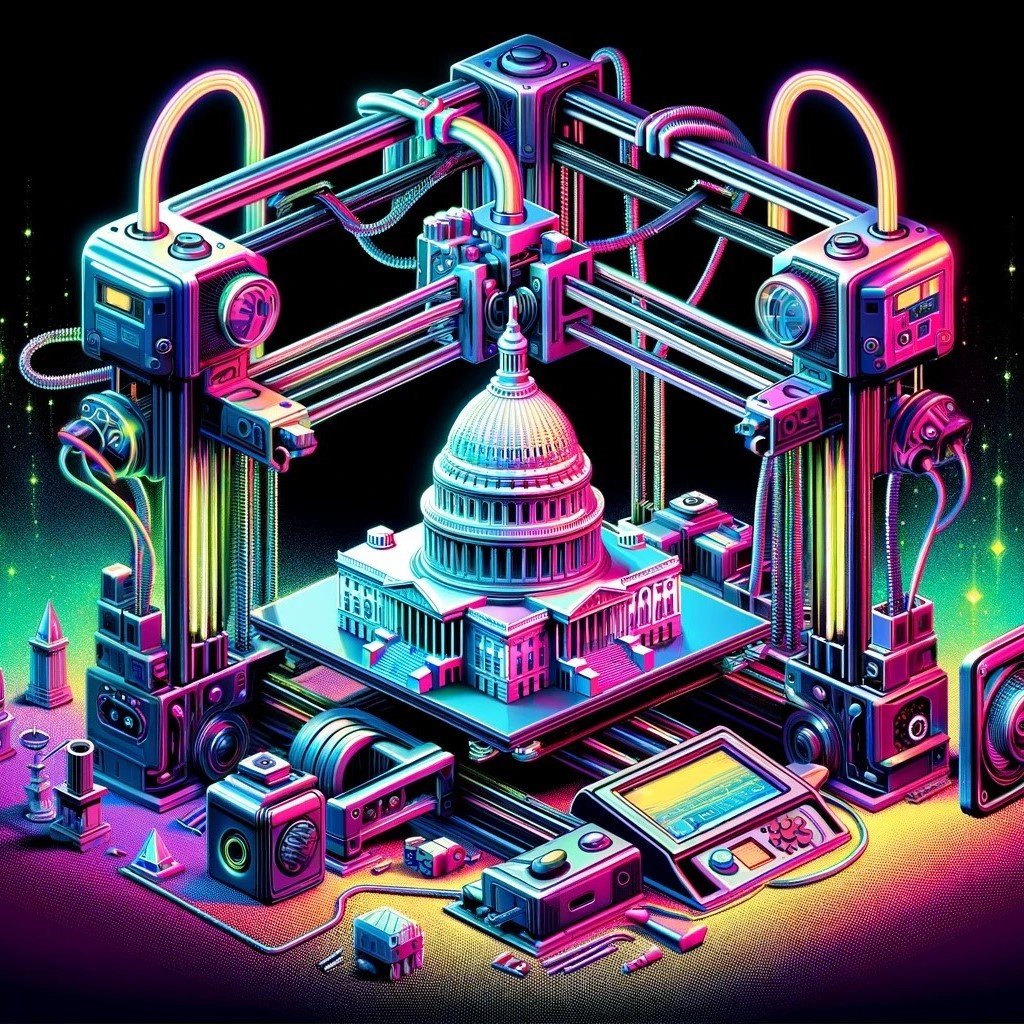Members of Congress can now cohost events with nongovernmental organizations in their district to provide constituents with resources and information.
Why This Matters
Part of a lawmaker’s key responsibility to serve their constituents includes assisting individuals when they have difficulty with a federal agency (such as receiving their VA benefits), helping family members navigate the US immigration system, or educating constituents on available disaster relief programs after an emergency. In exploring ways to better support constituents, ModCom found many Members avoided partnering with external organizations like nonprofits or state and local governments to cohost informational events, fearing violating ethics rules against using Congressional resources to benefit outside groups. However, across the Hill, the Senate had differing guidance that allowed offices to engage in this type of partnership, such as partnering with their local VFW to host a veterans’ benefits awareness event.
How It Happened
The Members on the Select Committee looked to clarify the ethics guidance and Members’ Handbook to better equip Members and their district-based offices with a policy to partner with their communities to support their constituents. After reviewing a similar Senate policy, the Select Committee made recommendation #154. In the 118th Congress, CHA unanimously approved an update to the Member Handbook to implement this recommendation.
The Impact
The change to the Members Handbook and better coordination between CHA and the Ethics Committee has allowed Members’ teams in their home state to partner with qualified outside groups to host events that directly connect constituents with services and support teams, making the most of locally available resources and streamlining the process.
This aligns the House policy with that of the Senate and opens the doors for all Members to pursue greater partnerships in their district to boost constituent awareness of resources and support.
Next Steps
As with any administrative policy change, the first and most important challenge is to ensure offices understand and are comfortable acting under the new policy. CHA and CAO have the opportunity to conduct tailored outreach to district staff to highlight the policy change and provide creative ideas for how offices can start to experiment with hosting joint events. This internal messaging can also be supplemented by outside civil society groups amplifying the new opportunities this change creates, including national nonprofits that work on casework-aligned issues (like the Disabled American Veterans and other veterans’ groups, AARP and other senior groups, the Red Cross and other disaster relief networks, and more).
Some of these next steps are already in progress, thanks to earlier efforts within the House to institutionalize office support and promulgate best practices: for example, the CAO Coach program is building a database of “special project” examples, including template outreach and logistics materials, that allow offices to share their best ideas with peers. Further work to incentivize offices to share their creative ideas by recognizing offices and events that go above and beyond will continue to help lift the standard for constituent services across Congress.
Glossary
ADA = Americans with Disabilities Act
AOC = Architect of the Capitol
CHA = Committee on House Administration
CAO = House Chief Administrative Officer
CDTF = Congressional Data Task Force
COLA = Cost-of-Living Adjustment
CPF = Community Project Funding
CR = Continuing Resolution
GAO = Government Accountability Office
GAO STAA = The Government Accountability Office’s Science, Technology Assessment, and Analytics team
GenAI = Generative Artificial Intelligence
HIRO = House Intern Resource Office
HDS = House Digital Service
LIS = Legislative Information Service
LLM = Large Language Model
MIA = Modernization Initiatives Account
ModCom = The House Select Committee on the Modernization of Congress
ModSub = Subcommittee on Modernization (ModSub) within the Committee on House Administration
MOU = Memorandum of Understanding
NMO = New Member Orientation
OCWR = Office of Congressional Workplace Rights

